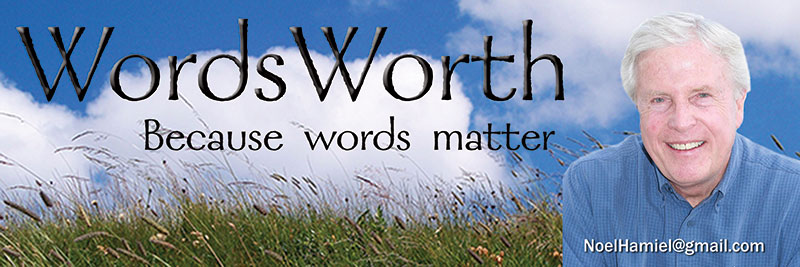Grant: An amount of money that is given to someone by a government, a company, etc., to be used for a particular purpose, such as scientific research. – Merriam Webster Dictionary.
The headline trumpeted that Mitchell would receive $20,000 for mosquito control, along with most other cities and towns in South Dakota.
Communities simply had to apply for the money.
Meanwhile, the grant deadline closed on Oct. 31 for community improvement project money, but federal hazard mitigation grants are still available in 12 counties and to three tribes for storm-related property damage.
If a town wants to improve its fire hall, a grant may be possible.
When an antiquated water and sewer system needs to be replaced, among the first places to seek money is the state or federal government.
In 2014, South Dakota received about $1.66 billion in federal grant money.
If that sounds like a lot, compare it to the $600 billion Uncle Sam spends annually for grants.
Where does the money come from? Taxpayers. You and me. In 2014, in Deuel County alone, $672,931 was sent along the grants pipeline. For Clark County, $4.6 million, mostly highway dollars.
Others:
Brule: $1.9 million;
Hutchinson: $1.3 million;
Marshall: $1.03 million;
Lyman: $12.5 million, which includes tribal grants.
Community Development Block Grants are also popular. This federal tax money is available to the governor, who determines which projects are worthy. Examples would be the $300,000 for a new fire hall in Scotland, or $515,000 for water/wastewater improvements in Canistota. In 2014, the state distributed more than $5 million in CDBG funds across South Dakota.
Some may wonder why tax dollars are sent to Washington, D.C., only to be returned to states for a variety of uses. The answer: First, politicians like to give checks to projects in their home states, accompanied by a press release. Second, grants are, to a degree, a redistribution of the $1.48 trillion individuals will pay in federal income taxes this year.
Those who argue that this nation’s wealth should be redistributed often forget that it is already occurring. How? Through grants, as shown above, through our progressive income tax system, which taxes those who earn more at a higher rate, and through welfare programs.
It might also occur to some that communities ought to be able to pay for their own fire hall, sewer system or mosquito control. Isn’t that part and parcel of what being a community is all about? However, we South Dakotans weren’t the last off the turnip truck. If we don’t get those dollars, another community will.
And so it goes.
Nov. 18, 2015
